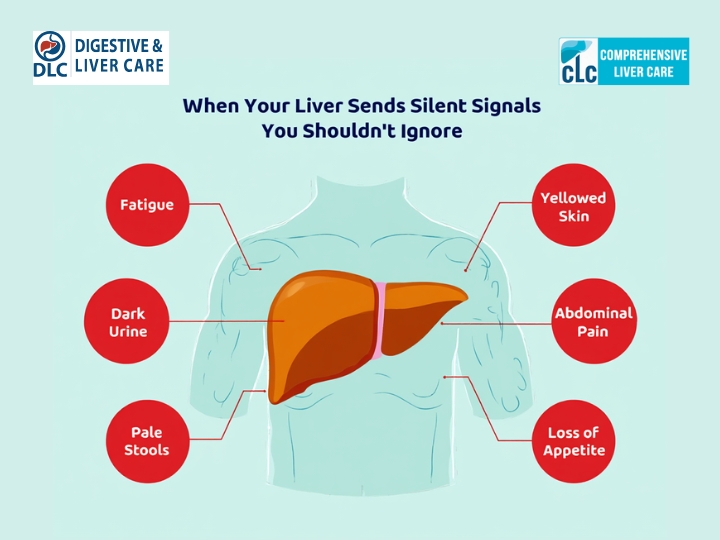Fatty Liver Disease: Causes, Symptoms, and Treatment Options

Fatty liver disea se is a growing health concern worldwide, especially in urban populations with sedentary lifestyles and poor dietary habits. Despite being common, it often goes undetected until it progresses to more severe stages. Understanding the causes, identifying early symptoms, and knowing the available treatment options are vital for maintaining liver health and preventing serious complications. In this blog, we’ll explore what fatty liver disease is , its primary causes , symptoms to watch out for , and the best treatment approaches . Whether you’re looking for advice from a liver specialist or searching for the best hepatologist near you, this guide is a must-read. What is Fatty Liver Disease? Fatty liver disease (FLD), or hepatic steatosis, occurs when excess fat builds up in the liver cells. A small amount of fat in the liver is normal, but if more than 5-10% of the liver’s weight is fat, it’s considered a fatty liver. There are two main types of fatty liver ...







.jpg)
